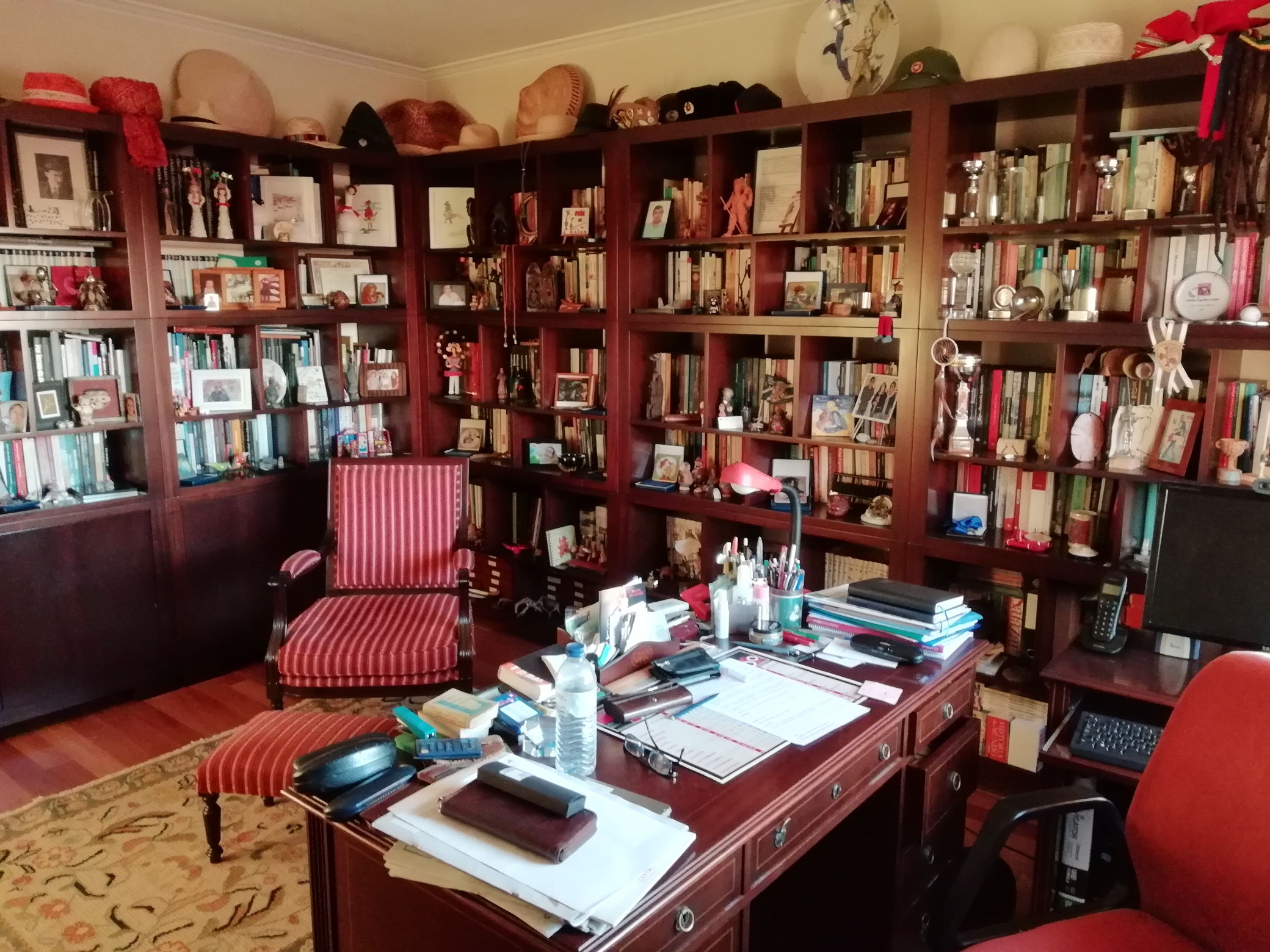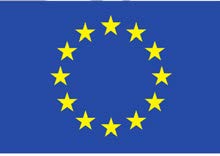“ONLINE IS A NICE PLACE”: ON THE JOYS OF TECHNOLOGY DURING THE PANDEMIC
Author: Rita Tavares, UAVR
Artur is a 73-year-old man born in a small city of the region of Aveiro, Portugal, the same city that saw him get married and bring up two daughters. Divided between this city and Porto, where he worked for 30 years in a banking institution, Artur always found time in his daily routine for his hobbies. He loves to play golf and he is an active member of several recreative associations. Artur is financially independent and lives with his wife in a two-floor house next door to his sister.
Artur experiences hearing loss. He has lost weight to the point that he is no longer obese, but still suffers from thyroid, hip and knee problems. Yet, he faces no mobility issues. Whenever he feels pain, he does some stretching exercises. He also practices aqua aerobics and walks 30 to 45 minutes a day on a treadmill. Artur also has hypertension and has been hospitalised several times. For these reasons, he has check-ups every six months, and goes to the doctor when he feels symptoms of discomfort.
He benefits from access to both public and private health systems. For cardiovascular consultations and some specific exams, Artur goes to a private hospital, and for routine consultations and medication prescriptions he goes to the General Practitioner (GP). Artur mentions that in his opinion the public health system works well, “also because of the location. I have a Family Health Unit and a Hospital about 100 metres away. My GP… I go there, I am called [by the Health Centre], I schedule consultations and exams, and then I go there. In that respect, I have nothing bad to say. On the contrary, they have been great in everything I need”.
The positive attitude towards the national health system is also reflected in Artur’s attitude towards technology. Since the beginning of the Corona pandemic, he uses digital tools every day: “I often say I’m not great at it, but I do my best and I keep trying until I get it right… And then I have some help from my daughters and sons-in-law whom I call whenever needed”.
To manage his health in an informal way, he uses a smartwatch to track his heartbeat and to know how many steps he walks in a day. The tracking device has been recommended by his Specialist Physician, who told him about the gadget. While Artur has not worn anything on his wrist for years, he now even tracks his sleeping hours. To him, a smartwatch that is linked to an application in his smartphone is very useful as it helps him avoid potential health complications in between the regular six months check-ups.
Artur has no concerns regarding personal data protection and feels comfortable with his doctors accessing data gathered through the smart device. To the contrary: he believes that technology can really help improve the health system, since it enables to gather, organise and exchange a wide range of patient’s information.
“You see… there is a hospital that I go to, where my Specialist Physician works, where I do many exams. The exams stay there, and any doctor can access my file and analyse it. I think this is very important if such data could also be seen by my GP, who is geographically distant. All this… this technology, at this level, is marvellous! So, I am not against technological innovation. What some people do with innovations may be questionable… but I think technological advances are amazing!”
The health sector is not the only area in which Artur enjoys new technologies. With a mischievous grin, he confesses that he spends a lot of time on the computer doing “things with no relevance”. His daily routine includes checking his finances using a home banking application, reading the news on the Internet to know “what is going on in the world”, Internet surfing, and playing games: “I became a bit of an addict, that’s what it is!”. For this reason, Artur spends a lot of time at his “home office” where the computer is. This room is a “nice place” where he collects several types of objects, such as books, coins, hats, and souvenirs. All these objects are listed in an inventory that Artur made when he got retired and that he frequently updates. This hobby helps him to keep occupied in a pleasant way.
Due to the pandemic, Artur now also uses digital tools to speak with his daughters, sons-in-law, and granddaughter. He uses a mobile videocall app, which he finds quite useful: “On the phone you hear the voice, but on WhatsApp® there is also an image, so we have a more direct connection”. As an active and enthusiastic man, before the global pandemic Artur used to leave home every day to be with his friends for social gatherings, lunches, dinners, celebrations, and other regular meetings. He also loved to travel in the company of his wife and friends: they usually took at least one trip abroad every year.
Every trip is carefully planned by Artur. It all started with the participation of his wife, a medical doctor, in a congress in Macau in the year of 1984 and, since then every year he spends a few days with her planning in detail the upcoming trip. They have travelled around Europe, Asia, Africa, and America. Unfortunately, the pandemic situation has severely curtailed Artur’s travel plans. With some regret, he explains that the worst part of the lockdown was to see himself unable to go out and having to cancel their vacations. Still, Artur is already planning their next trip as soon as the global situation enables them to once again venture out. Next stops will be Australia and New Zealand.
Category
Health · Living · Technology
Release Date
May 2021
Useful Links
- State of Health in the EU – Portugal Country Health Profile 2019: https://ec.europa.eu/health/sites/health/files/state/docs/2019_chp_pt_english.pdf
- Portuguese National Health Service: https://www.sns.gov.pt/
- Coronavirus (COVID-19) website: https://covid19.min-saude.pt/


